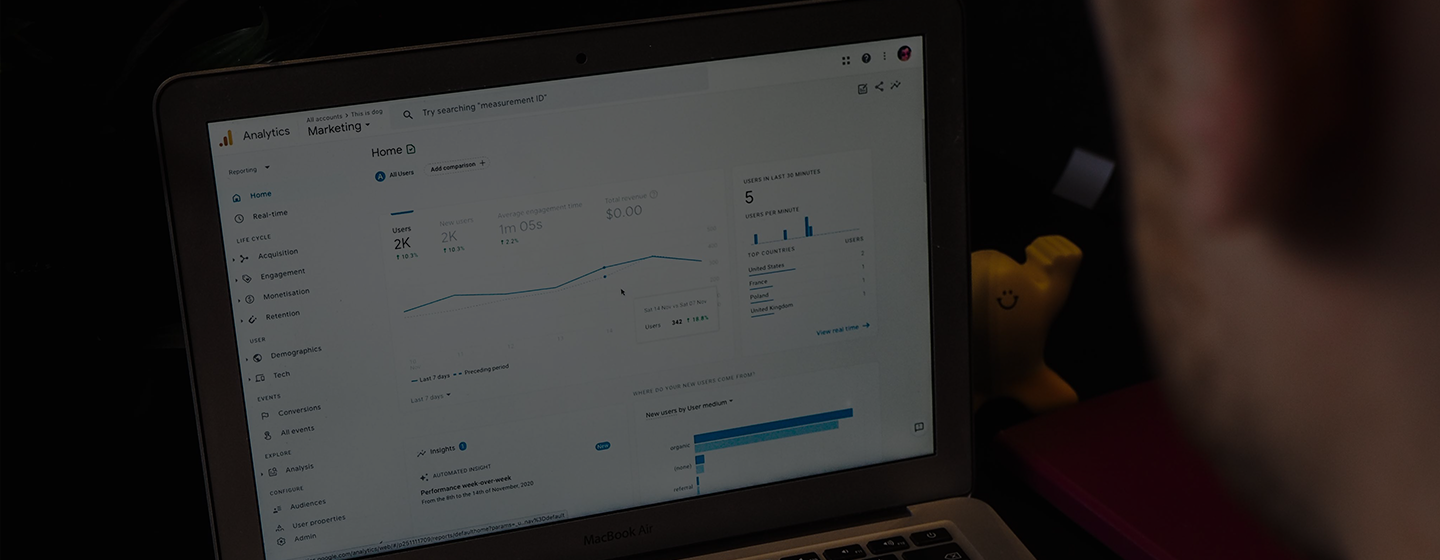How to protect your website?
October 26, 2022
If your business is on the go, you use your website to communicate with the customers. But what will you do when your website is down? If you do not have Plan B, this chunk of advice is for you.
When Things Go Wrong
Imagine, your users cannot see your website anymore. It’s a rainy day that assumes huge reputational and financial losses. As malicious actors, hackers are eager to target your corporate website to receive a ransom payment or other whims. That is why knowing how to protect your website from hackers is high on the business agenda.
What’s At Stake?
Indeed, the risks related to security breaches and hacker attacks entail adverse ramifications. While every business attempts to safeguard its online presence from cyberattacks, digital threats of hacking are never declining.
Taking adequate security measures in advance is the best-fit protection scenario. To prevent your corporate website from hackers, you will have to:
Have SS and security plugins installed. With that, you will encrypt the information you send to your targeted recipients.
- Equip your website with the most recent security software.
- Update special security patches and features to prevent new threats.
- The use of strong non- traceable passwords is always among the essential precautions.
- Ensuring an encrypted https protocol is another essential prerequisite that enhances the security of data transfer, especially when your data is sensitive.
- Avoid suspicious emails, messages, and commands contained, usually sent to you as part of malicious phishing campaigns.
- Scan the uploaded files for the risk of malware and store them aside from your room folder.
- Website security tools will help you imitate hacker attacks. With that, you will know whether your website is vulnerable to actual attacks. Firewalls are your best website guards from hacking.
- Make backups! Even if your website is hacked, you’ll easily regain all data and get your website back to normal.
- Get rid of vulnerable and abundant plugins on your website.
- Finally, pass your website through regular security updates. Security testing will help you maintain a resistant web environment to viruses, hacking, and cyberattacks. Penetration tests will also provide you with security improvements to address current vulnerabilities and weaknesses.
These measures are enough to safeguard your website from potential hacker attacks in the future. The choice of a reliable web hosting provider is pivotal to preventing your website from hacking. With a reputable provider, you’ll never worry about backups and have your logs checked. Responsible service provider will let you know when to filter traffic and check the history of security issues.



